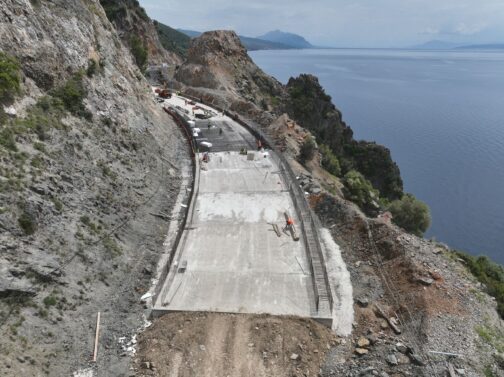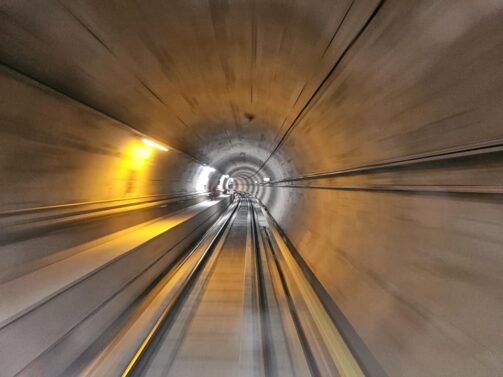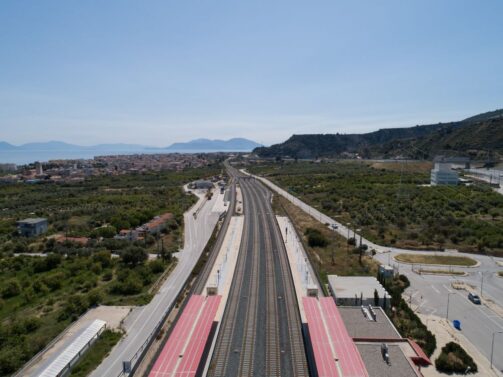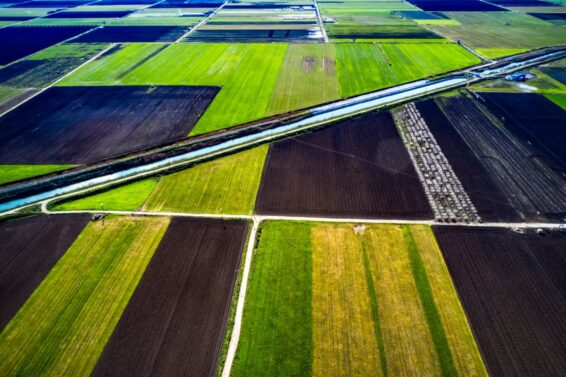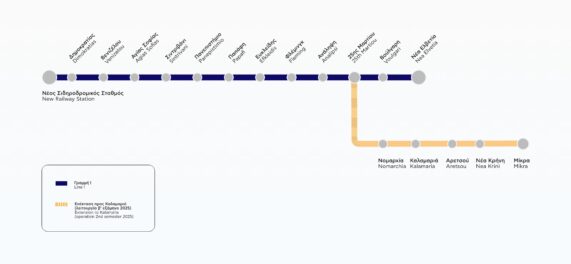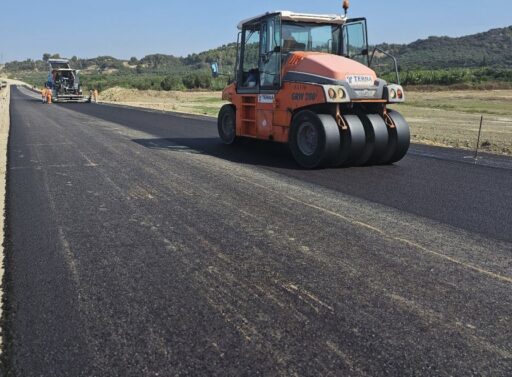Outline proposals for a ‘radical’ reform of the rail ticketing system in Great Britain were published by the Rail Delivery Group on February 18. Branded ‘Easier Fares for All’, the proposals are designed to bring about major changes to the existing national ticketing rules, sweeping away accumulated layers of products and regulations which RDG believes make the current system too complicated, are holding back the use of modern technology and do not reflect wider changes in society such as the increase in flexible working.
RDG worked with passenger watchdog Transport Focus and consultancy Systra to develop the proposals, with KPMG undertaking economic analysis and commercial modelling. Almost 20 000 responses were receiving during the public consultation phase.
Unbundled single-leg tickets
‘Unbundled’ single-leg journeys would be used as the basis for pricing. Operators could then add discount, premium, train-specific or personalised fares priced to the market, including return and multi-journey tickets and through tickets to different operators.
RDG suggests that pricing of local fares could be ‘disaggregated’ from the national fare structure, providing regional authorities with the ability to set fares to meet local objectives, to decide when fares would change and potentially to change the way industry costs are divided between local taxpayers and local fare payers.
Fare regulation would focus on price levels rather than specific ticket types, moving from regulating day return and seven-day season tickets to regulating the maximum price paid when travelling over a week. This is intended to facilitate greater use of pay-as-you-go smart ticketing.
The aim is for the changes to be revenue neutral, and fares would not increase on average. In long-distance markets, RDG envisages that ‘many people would pay less’, with changes to regulations governing peak and off-peak travel and a wider range of on-the-day fares leading to lower fares at the core of the peak and quietest off-peak times. This would be balanced by an increase in fares in the shoulder peak to encourage better spreading of demand.
In commuter markets, passengers with variable travel needs and those able to mix-and-match peak and off-peak travel could see fare reductions, with those travelling in peak periods seeing no change and ‘in some cases’ fare rises for those travelling off-peak.
Phased approach
RDG proposes a phased approach to the reforms. In stage one, it would work with government to change the way that fares are calculated, replacing the ‘outdated’ Ticketing & Settlement Agreement. RDG said this would ‘protect existing customer benefits, for example the ability to buy a ticket between any station on the network and any other, or railcard discounts being valid across all operators’. Real-world trials would also be undertaken over the next year.
Stage two would see new contracts put in place operator by operator over a period of three to five years.
Devil in the detail
Commenting on the proposals, Transport Focus Chief Executive Anthony Smith said ‘the time for piecemeal change has gone’, adding that many of the proposed changes were ‘sensible and long overdue’.
Russell McCullagh, Managing Director of payment technology supplier Rambus Ticketing, said the proposals were a ‘positive step’ towards simplifying the ‘vastly complex’ ticketing rules to reflect modern requirements, adding that ‘smart technology can be harnessed to help deliver more nimble ticketing products for both national and local needs, so from a supplier perspective we welcome today’s proposals.’
Chair of the House of Commons Transport Committee Lilian Greenwood said many of the proposals ‘make complete sense’, but cautioned that ‘the devil will be in the detail’. The committee would be ‘keeping a close eye on this work to ensure it develops in ways that are fair, transparent, recognises the needs of passengers and takes account of the vital contribution that the railway makes to our society and economy.’
RMT General Secretary Mick Cash said the trade union was ‘deeply concerned’ that these proposals ‘may be used as just a cover to close ticket offices and remove station staff under the guise of automation’.
Source: railwaygazette.com
ΜΗΝ ΞΕΧΑΣΕΤΕ
- Ακολουθήστε το ypodomes.com στο Google News και μάθετε πρώτοι όλες τις ειδήσεις για τις υποδομές στην Ελλάδα
- Αν είστε επαγγελματίας του κλάδου, ακολουθήστε μας στο LinkedIn
- Εγγραφείτε στο Ypodomes Web TV





